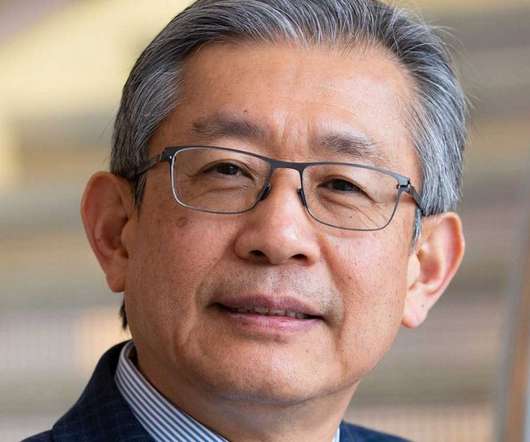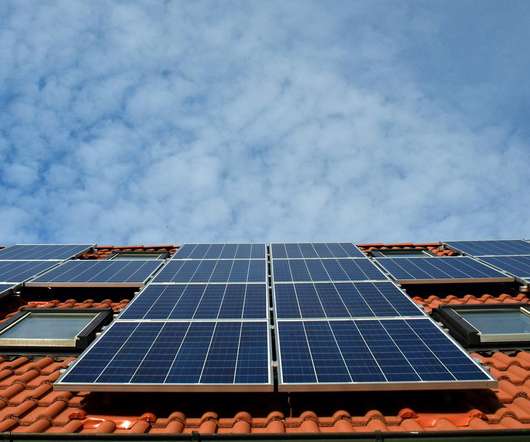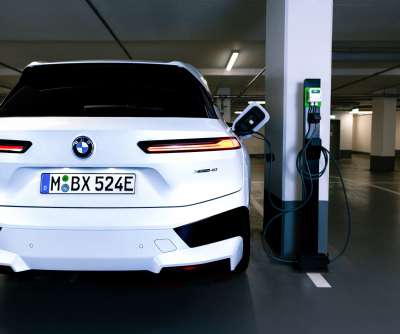Sea Drones in the Russia-Ukraine War Inspire New Tactics
Cars That Think
JULY 10, 2024
Against all odds, Ukraine is still standing almost two and a half years after Russia’s massive 2022 invasion. Of course, hundreds of billions of dollars in Western support as well as Russian errors have helped immensely, but it would be a mistake to overlook Ukraine’s creative use of new technologies, particularly drones.












Let's personalize your content